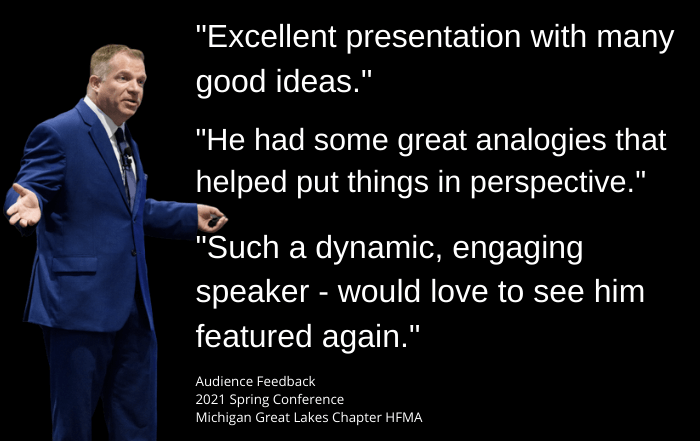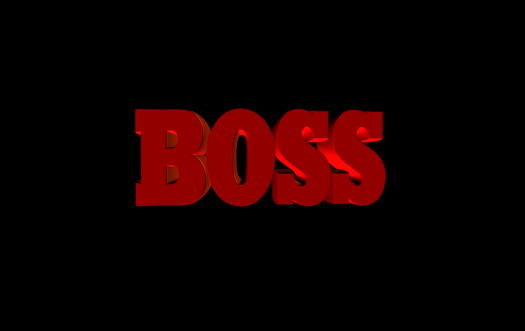 Effective leaders can fall into a micromanagement trap, during challenging times. The need for control can wipe out collaboration, morale, and effectiveness.
Effective leaders can fall into a micromanagement trap, during challenging times. The need for control can wipe out collaboration, morale, and effectiveness.
To illustrate how you can easily fall into this micromanagement trap, let me take you into my laundry room. Recently, I bought a new washing machine that cleans things through an inverter, rather than a traditional central agitator.
The appliance also has a window that allows you to watch the cleaning process. At first, I have to admit, I checked this out, as the inverter cleans your clothes in a very different way.
Over time, I grew comfortable with the process and decided it was time to let the washer do its job, without me looking over its metaphorical shoulder. The clean clothes I received confirmed my belief that I didn’t need to watch the washer.
As a leader, are you spending too much time watching the suds and not focusing on your work? Consider these tips to stay focused:
Clearly Set Expectations
Make sure your team understands what you want to accomplish with projects and tasks. Even if it is, to keep everything the same, let that be known.
This fills the gap of uncertainty for employees. When people aren’t sure how you want them to perform, they may start to improvise or develop bad habits.
Clear expectations allow you focus your team. From our laundry example, the expectation for detergent is to make things clean through a washing process.
You can’t blame people for not doing things your way, if you don’t let them know what to do.
Can Training Beat the Micromanagement Trap?
Have new market conditions required your team to start performing new tasks? In these situations, a learning curve should be expected. People won’t be perfect right away.
If communication and training are not your strengths, then is it any surprise people aren’t doing things in the way you need? Honestly acknowledge your strengths.
Can you use training to shorten the learning curve? This may represent an additional cost but it can give you the confidence things will be done correctly.
Accountability
If your team has clear instructions and the training to carry them out, then you are on solid ground for holding people accountable for their results.
If the results fall below expectations, then consider if more training is needed or whether the employee might not be a good fit in the new business reality.
Sometimes, we switch laundry detergents because a new one will do a better job of cleaning our clothes.
It’s also possible that circumstances outside anyone’s control have made it tough for employees to succeed. This is why it’s important to have a conversation with people about what went wrong and how things could improve.
Even the best laundry detergent will struggle to clean if too little of it is used for an extra large load. Simply adjusting the ratios should produce a better result. The same can apply in the workplace.
Remember Innovation
While you’re really good at your job, you’re just one person. In order to create innovation, you need different ideas and perspectives. It’s hard to out-innovate yourself.
Potential problems at work may be a sign of a process that needs updating. If you only have a one-way relationship with employees, where your ideas are the only ones heard, then your business growth may be limited. Don’t be the only person who gives feedback.






